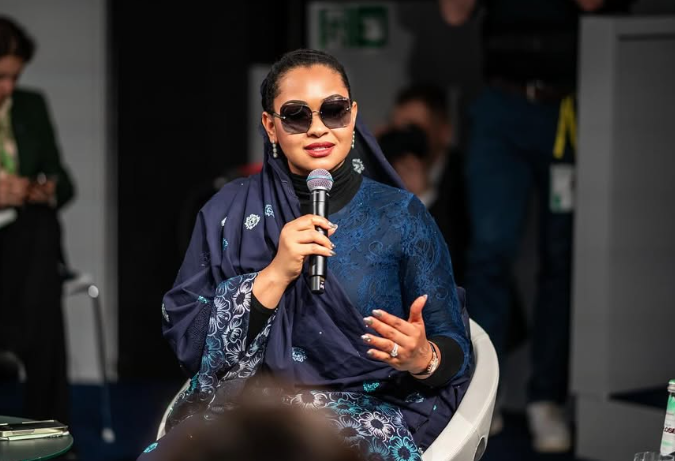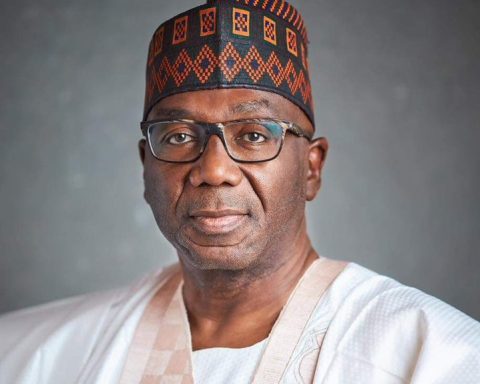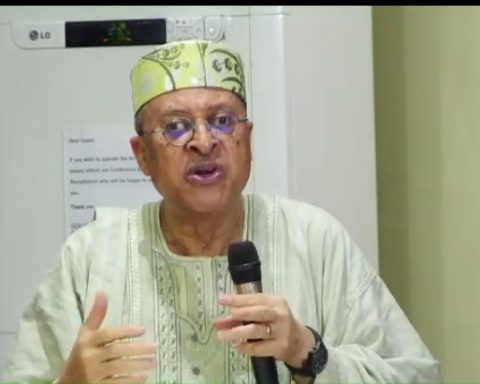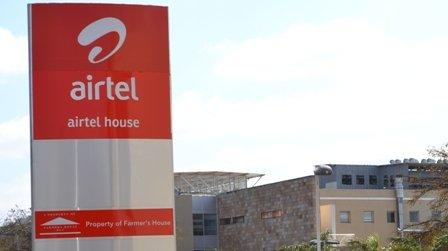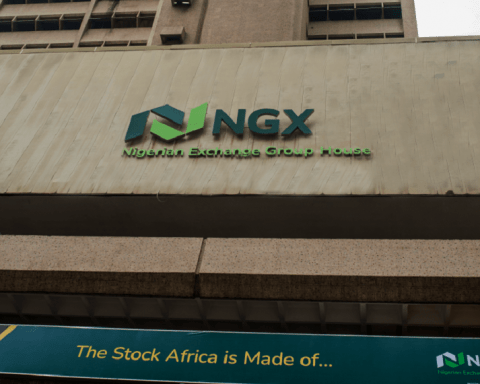Microsoft has officially ended support for Windows 10, drawing the curtain on an operating system that powered hundreds of millions of computers for nearly a decade.
As of October 14, 2025, the company will no longer provide security patches, feature improvements, or technical assistance.
Computers running Windows 10 will continue to function, but experts warn that the absence of updates will leave users exposed to rising cybersecurity threats and software incompatibilities.
Join our WhatsApp ChannelCostly Decisions for Users Worldwide
The decision forces a reckoning for individuals, businesses, and institutions around the world. Users with modern machines can upgrade to Windows 11 at no cost, while those with older hardware face tougher choices: pay for Microsoft’s Extended Security Updates, replace their devices entirely, or migrate to alternative operating systems.
Each option carries financial, technical, and environmental consequences. Consumer advocates caution that replacing millions of still-functional PCs will generate an inevitable surge in electronic waste, while small businesses and schools in developing economies may struggle to afford the transition.
Economic Ripple Effect
Industry analysts predict that Microsoft’s decision will set off a multi-billion-dollar hardware refresh cycle as households, companies, and public institutions rush to replace older computers that cannot run Windows 11.
Global PC makers, chip manufacturers, and component suppliers are expected to enjoy a significant short-term boost in sales, while IT service providers stand to gain from increased demand for data migration, cybersecurity upgrades, and extended support contracts.
Yet the economic impact is not purely positive. The forced spending threatens to strain household budgets and small-business finances, particularly in emerging markets where device costs remain high and credit is limited.
Schools and government agencies in developing economies could face tough trade-offs between maintaining critical services and funding new equipment.
Economists warn that these expenses may divert money from other technology investments such as cloud infrastructure, artificial intelligence tools, and software innovation potentially slowing broader digital transformation even as hardware vendors record record profits.
READ ALSO: Sweden’s Digital Shift: Lessons For Africa In Embracing Technology Responsibly
Tax Reform Bills: Why Authorities Must Integrate Technology In Tax System– Expert
Frustration, Acceptance, and Search for Alternatives
Reaction to the move is divided. Many users express frustration at what they see as planned obsolescence, accusing Microsoft of pushing unnecessary hardware purchases. Others accept the change as the natural life cycle of technology and welcome the shift to a more secure platform.
Online forums show a growing interest in open-source alternatives such as Linux, which offer cost-free solutions for those unwilling to upgrade or replace their PCs.
Microsoft Pushes an AI-Driven Future
Microsoft insists the change is part of a larger vision to build a secure, AI-driven future of computing, concentrating resources on Windows 11 and its successors to deliver stronger cybersecurity, seamless cloud integration, and support for emerging technologies.
“Windows 10 has served the world well for nearly a decade, but technology must evolve,” a company spokesperson said. “We encourage all users to move forward with us into a more secure and innovative computing era.”
A Turning Point in Digital History
The end of Windows 10 support is more than a technical milestone it is a call to action. It compels millions to decide whether to spend, adapt, or rethink their relationship with personal computing.
The choice carries implications for global cybersecurity, business continuity, and the pace of technological adoption.
Whether users upgrade, switch systems, or cling to an unsupported OS, the legacy of Windows 10 as one of the most widely used and beloved operating systems remains firmly etched in the story of modern computing.
Amanze Chinonye is a Staff Correspondent at Prime Business Africa, a rising star in the literary world, weaving captivating stories that transport readers to the vibrant landscapes of Nigeria and the rest of Africa. With a unique voice that blends with the newspaper's tradition and style, Chinonye's writing is a masterful exploration of the human condition, delving into themes of identity, culture, and social justice. Through her words, Chinonye paints vivid portraits of everyday African life, from the bustling markets of Nigeria's Lagos to the quiet villages of South Africa's countryside . With a keen eye for detail and a deep understanding of the complexities of Nigerian society, Chinonye's writing is both a testament to the country's rich cultural heritage and a powerful call to action for a brighter future. As a writer, Chinonye is a true storyteller, using her dexterity to educate, inspire, and uplift readers around the world.



